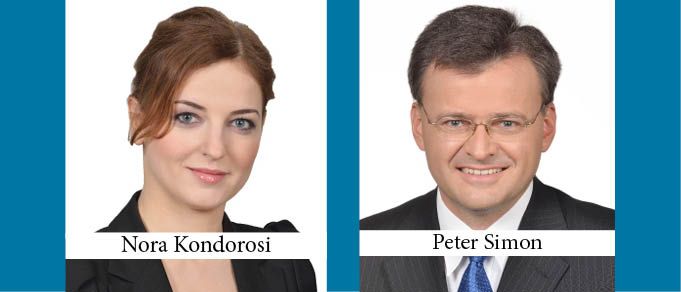On the first anniversary of the introduction of Hungary’s long-awaited renewable energy support scheme (known as “METAR”), we look back at its first year and ahead to the future of renewable energy in Hungary from a legal perspective.
The last quarter of 2016 and the first half of 2017 saw a significant rise in renewable electric power projects in Hungary, as developers and project brokers rushed to obtain permits under the pre-METAR renewable support plan, which guaranteed that eligible projects would be able to sell electricity at regulated prices. The vast majority of these permits were obtained for solar or photovoltaic projects, which were, at the beginning of 2018, either in operation, under construction, or scrapped due to the expiry of their permits.
The energy regulatory authority, having processed the thousands of applications that poured in, can now focus on the new support scheme.
Among other things, the METAR regime introduced the green premium system, which grants subsidies through technology-neutral tender procedures for power generation units of at least 1 MW. This system, which is expected to bring more transparency to the sector, relies on bilateral agreements to expand the scope of eligible projects beyond Hungary’s borders. The amount of green premiums to be granted through public tenders is capped at HUF 1 billion annually until the end of 2026, with leftover subsidies from one calendar year transferable to the next.
Regarding already operating biomass and biogas generation units, METAR introduced the brown premiums system, which grants subsidies to eligible projects for five years. These premiums are also capped on an annual basis at HUF 20 billion, but unlike the green premium system, leftover subsidies are not transferable to the next year, and the five-year subsidies granted will be deducted from the annual HUF 20 billion limit for their entire extent.
The implementation of the new support scheme, however, will most likely pose certain challenges to the regulatory authority and the industry as well, particularly for green premiums granted through public tenders. On one hand, stricter regulation regarding the permitting and realization of projects eligible for premiums introduced by METAR will require an adjustment of project structures. From the financing perspective, a different approach will also be necessary taking into consideration that the amount of the premiums will no longer be fixed.
On the other hand, opening tenders to renewable projects located outside of Hungary could prove to be an effective tool to increase competition in a sector that has operated under regulated pricing over the past decade, and to strengthen regional cooperation in the energy sector.
With the first green-premium tenders expected to be announced later this year, the feasibility of the annual HUF 1 billion cap on green premiums in public tenders and the annual HUF 20 billion cap on brown premiums will be put to the test.
In light of the EU’s recent legislative approach, which encourages solar, wind, and hydro projects over biomass and biogas, and the fact that there is a lot of room for growth in the Hungarian renewables sector (the share of renewables within electricity consumption was 7.19% in 2016), it will be of particular importance to have a well-operating and feasible renewables support scheme that is successful in increasing generation capacities ahead of the completion of the EU’s Europe 2020 strategy.
By Peter Simon, Partner, and Nora Kondorosi, Senior Associate, CMS Budapest
This Article was originally published in Issue 5.2 of the CEE Legal Matters Magazine. If you would like to receive a hard copy of the magazine, you can subscribe here.


